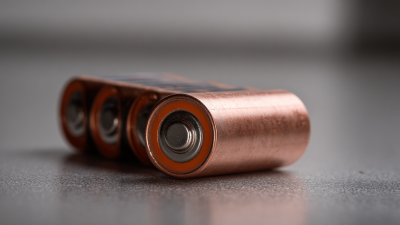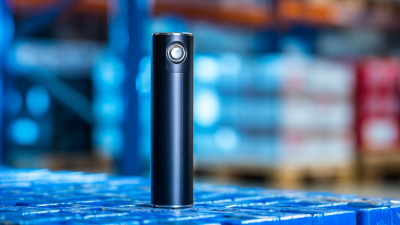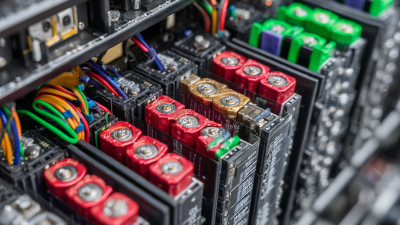In the ever-evolving landscape of energy solutions, the demand for efficient and reliable power sources has reached unprecedented levels. Recent reports indicate that the global lithium iron phosphate (LiFePO4) battery market is projected to grow at a CAGR of over 15% from 2021 to 2026, driven by the increasing adoption of renewable energy systems and electric vehicles. Among the various lithium battery options available, the 48V LiFePO4 battery stands out for its impressive cycle life, thermal stability, and safety features, making it an optimal choice for businesses seeking sustainable energy solutions.
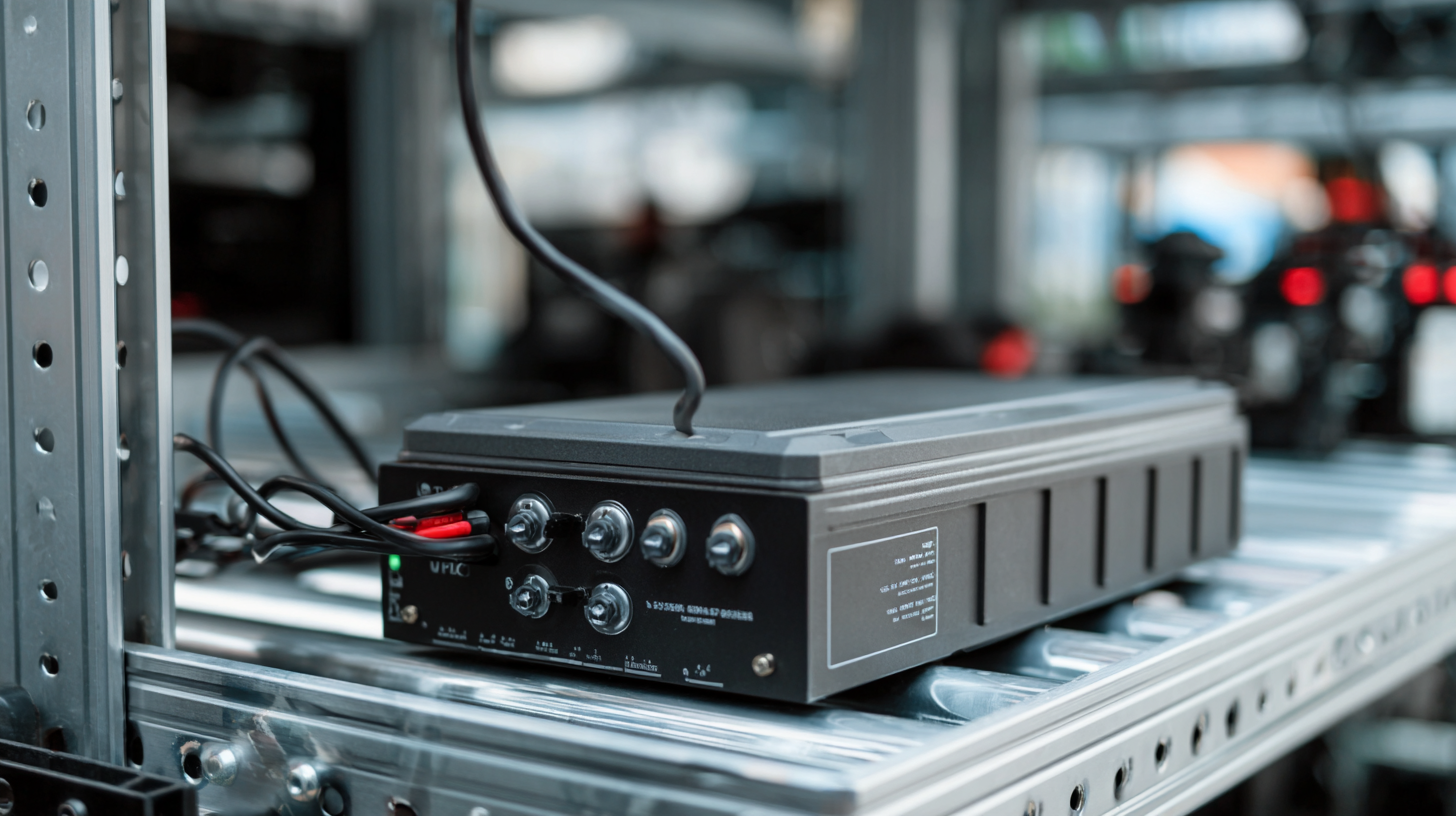
As organizations increasingly prioritize efficiency and environmental impact, understanding the key factors in selecting the right 48V LiFePO4 battery becomes essential for maximizing performance and minimizing costs. This guide aims to provide essential insights to help you navigate the decision-making process effectively.
When it comes to powering your business operations, understanding the basics of 48V LiFePO4 batteries is essential. These batteries are known for their high energy density, long cycle life, and enhanced safety features. Their robust performance makes them ideal for various applications, including portable power stations and renewable energy systems. As the global portable power station market is projected to reach $603.06 million in 2024, with significant growth expected thereafter, investing in the right battery can greatly influence your business efficiency.
Choosing the right 48V LiFePO4 battery involves several critical considerations. First, determine the specific energy needs of your business, assessing how much power you require for your applications. This understanding helps you select a battery that meets your demands without being underpowered or excessively overbuilt. Additionally, consider the battery's cycle life and discharge rate, as these factors affect both performance and long-term cost-effectiveness. It's advisable to consult with suppliers who can provide detailed specifications and recommendations tailored to your unique requirements.
Lastly, keep an eye on the warranty and customer support services offered by manufacturers. A robust warranty can provide peace of mind, ensuring that your investment is protected against unforeseen issues. By prioritizing these tips in your selection process, you can choose a 48V LiFePO4 battery that not only serves your immediate business needs but also supports sustainable growth in a competitive market.
When selecting a 48V LiFePO4 battery for your business, it's crucial to consider several key factors that can significantly impact performance and efficiency. One of the primary aspects is the battery's energy capacity. Ensure that the battery can meet your operational demands without compromising on performance, especially in industries such as electric scooters, which are seeing a surge in market growth.
With the forecasted market size exceeding $23.7 billion by 2032, finding the right battery is essential for staying competitive.
Another critical factor is the battery's lifespan and cycle stability. LiFePO4 batteries are known for their longevity, but choosing a model with a higher cycle life can save you costs in the long run. Additionally, examine the battery’s safety features. Opting for batteries with advanced thermal management systems can prevent overheating and ensure reliability, particularly in rapidly urbanizing areas where electric transportation demand is rising.
By focusing on these tips, you can select a 48V LiFePO4 battery that aligns with your business needs and supports sustainable growth in the evolving market.
When selecting a 48V LiFePO4 battery for your business, understanding the differences between various manufacturers is crucial. Quality and cost often go hand-in-hand, but navigating these factors can be challenging. High-quality batteries typically offer superior performance, greater longevity, and enhanced safety features, which may justify their higher price tag. Brands renowned for their rigorous testing and adherence to safety standards often command more in the market, reflecting their commitment to reliability.
On the other hand, some manufacturers provide more cost-effective options, which can be tempting for businesses aiming to minimize expenses. However, it is essential to investigate the underlying quality of these cheaper batteries. A lower upfront cost may lead to higher long-term expenses due to shorter lifespans, increased maintenance, and potential failures. By comparing warranty terms, customer reviews, and manufacturer reputation, businesses can make informed decisions that balance quality and cost effectively. Investing in the right battery can significantly impact operational efficiency and overall business success.
| Manufacturer | Battery Capacity (Ah) | Cycle Life | Charge Time (hrs) | Warranty (Years) | Cost (USD) | Quality Rating (1-5) |
|---|---|---|---|---|---|---|
| Manufacturer A | 100 | 2000 | 5 | 5 | 900 | 4.5 |
| Manufacturer B | 120 | 2500 | 6 | 7 | 1100 | 4.7 |
| Manufacturer C | 80 | 1500 | 4 | 3 | 750 | 4.0 |
| Manufacturer D | 90 | 1800 | 5 | 6 | 800 | 4.2 |
| Manufacturer E | 110 | 2200 | 5.5 | 8 | 950 | 4.6 |
When selecting the right 48V LiFePO4 battery for your business, understanding performance metrics such as capacity, cycle life, and efficiency is crucial. Capacity, measured in amp-hours (Ah), determines how much energy a battery can store and directly impacts the runtime of your applications. According to a recent industry report by Grand View Research, a capacity of around 100Ah is common for commercial use, enabling small to medium enterprises to power various devices effectively.
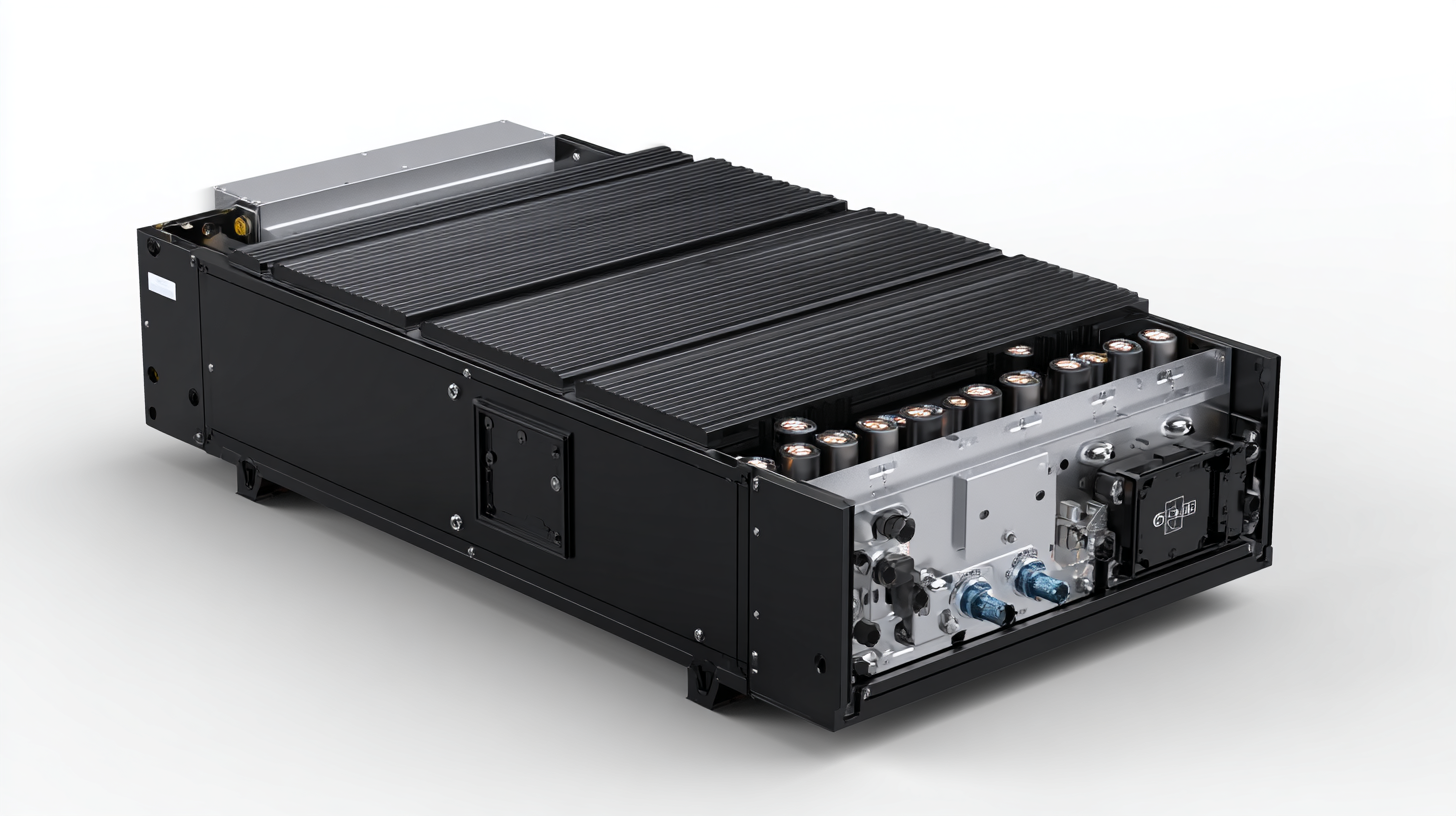
Cycle life, defined as the number of complete discharge and recharge cycles a battery can undergo before its capacity drops to 80%, is another essential metric. LiFePO4 batteries typically offer a cycle life of 2,000 to 5,000 cycles, significantly outpacing conventional lead-acid batteries, which often only provide about 300 to 700 cycles. A study by the Department of Energy shows that investing in higher cycle life batteries can reduce total cost of ownership by as much as 40% over time due to fewer replacements and maintenance cycles.
Efficiency, often expressed as a percentage, indicates how much of the stored energy is effectively usable. High-quality LiFePO4 batteries generally boast an efficiency of 90% or higher, making them ideal for energy-sensitive applications. This efficiency, combined with their thermal stability and inherent safety, positions LiFePO4 batteries as a superior choice for businesses looking to optimize their energy solutions while minimizing costs.
When selecting a 48V LiFePO4 battery for your business needs, evaluating the warranty and support services is crucial for a sound investment. A comprehensive warranty not only protects your financial commitment but also offers peace of mind. Look for batteries that come with multi-year warranties, as they indicate the manufacturer’s confidence in their product. A robust warranty should cover not just defects but also performance and capacity over time, protecting your operational efficiency.
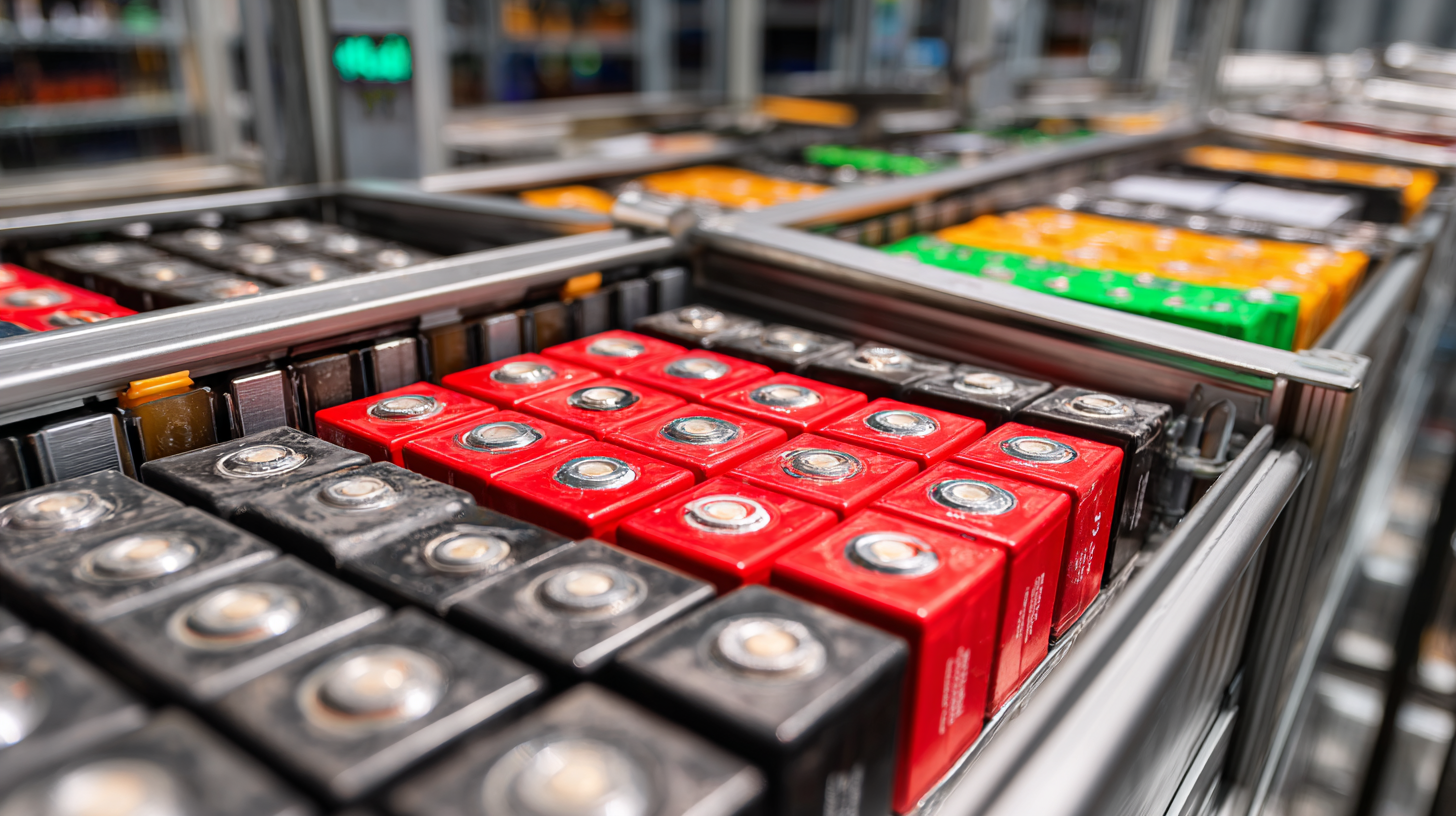
Support services play a pivotal role in maximizing the lifespan and performance of your battery system. Opt for manufacturers that provide responsive customer service, technical support, and troubleshooting resources. Whether through phone, email, or live chat, accessible support can resolve issues quickly, reducing downtime and maintaining productivity. Additionally, consider whether the manufacturer offers regular maintenance services or guidance, which can enhance battery longevity and performance. Selecting a battery provider that prioritizes both warranty and support services can significantly impact your overall satisfaction and operational success.

